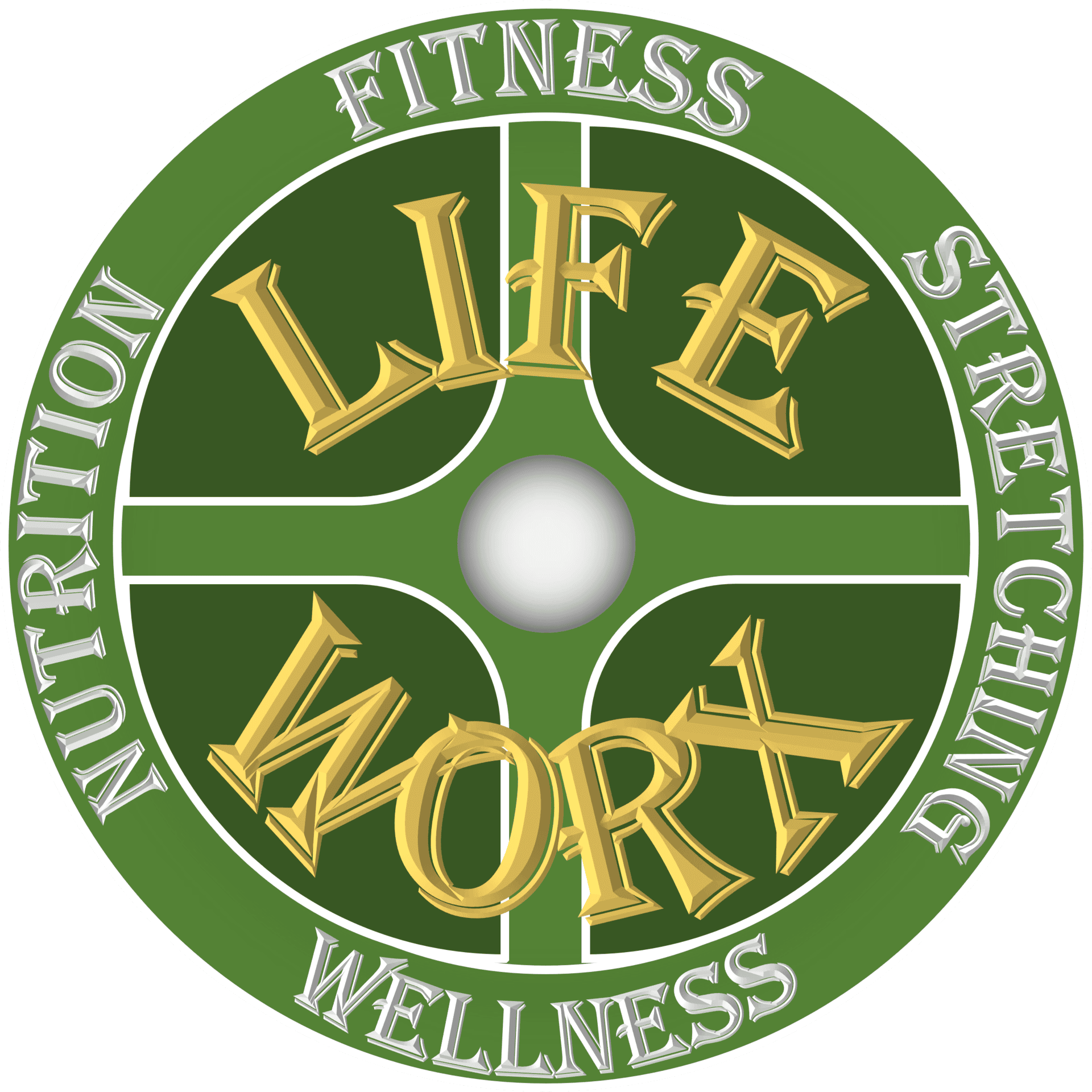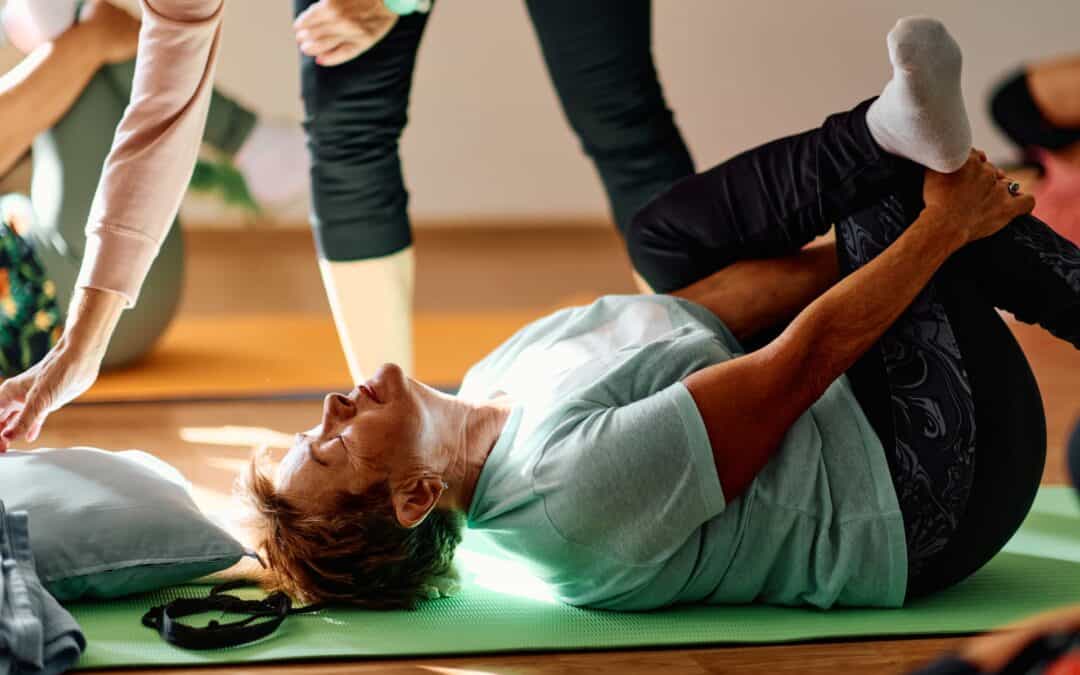Flexibility coaching plays a vital role in overall fitness, enhancing both physical and mental well-being. By working with a personal trainer who incorporates flexibility into their routine, individuals can experience significant improvements in their fitness levels. This approach doesn’t just focus on building muscle or burning fat; it also emphasizes the importance of a well-rounded, adaptable body that can handle the stresses of daily life and physical activity. The benefits of flexibility coaching are numerous, making it an essential component of any comprehensive fitness program.
Benefits of Flexibility Coaching Personal Trainer Approach
Flexibility coaching offers a wide range of benefits that can enhance overall fitness. A personal trainer can help clients unlock these benefits by tailoring flexibility exercises to meet their specific needs and goals. Flexibility training can lead to improved posture, better balance, and a reduced risk of injury.
- Enhanced range of motion allows for more effective workouts
- Improved joint health reduces the likelihood of sprains and strains
- Better posture and alignment lead to fewer aches and pains
Flexibility Training and Muscle Performance
Flexibility coaching positively impacts muscle performance in several ways. By increasing the length and elasticity of muscles, individuals can achieve a greater range of motion, which in turn improves strength and power. This balance between flexibility and strength is something that personal trainers focus on to ensure that clients get the most out of their workouts. For instance, a client who initially struggled with tight hamstrings could, after a few weeks of dedicated flexibility training, find themselves able to squat deeper and lift heavier.
- Increased muscle elasticity enhances strength and power output
- Better muscle coordination leads to more efficient movements
- Reduced muscle stiffness decreases the risk of injury during intense workouts
Flexibility and Cardiovascular Health
Flexibility exercises also contribute to cardiovascular health. While often overlooked, the connection between flexibility and cardiovascular fitness is significant. Flexibility training promotes better circulation, which aids in the delivery of oxygen and nutrients to muscles. A personal trainer can design a program that incorporates stretching routines to complement cardiovascular exercises, creating a balanced fitness regimen that supports heart health.
- Improved circulation leads to better oxygen delivery to muscles
- Enhanced recovery time reduces muscle soreness after cardio workouts
- Flexibility training helps maintain a healthy heart by reducing stress
Flexibility Coaching and Mental Wellbeing
Mental wellbeing is closely tied to physical health, and flexibility coaching addresses both. Stretching and flexibility exercises are known to reduce stress and anxiety by promoting relaxation and improving the mind-body connection. Personal trainers often incorporate these exercises into their sessions to help clients not only achieve physical fitness but also maintain a healthy mental state. A client who regularly engages in flexibility training may find themselves feeling more relaxed and focused throughout the day.
- Stretching reduces stress levels and promotes relaxation
- Improved mind-body connection enhances overall mental clarity
- Flexibility exercises help manage anxiety and promote a positive mindset
Creating a Personalized Flexibility Plan with a Personal Trainer
Working with a personal trainer allows individuals to create a personalized flexibility plan that meets their unique needs. This tailored approach ensures that flexibility exercises are not only effective but also safe. A personal trainer will assess a client’s current flexibility levels and design a program that targets areas of stiffness or weakness. This personalized plan can lead to faster progress and better results, as it addresses the specific challenges and goals of the individual.
- Tailored flexibility plans target specific areas of need
- Regular assessments track progress and adjust exercises accordingly
- Personalized coaching ensures exercises are performed safely and effectively
Common Flexibility Mistakes Personal Trainers Help Avoid
Many people make common mistakes when attempting to improve flexibility, which can hinder progress or even lead to injury. Personal trainers play a crucial role in helping clients avoid these pitfalls. Whether it’s overstretching, not warming up properly, or neglecting certain muscle groups, a personal trainer can provide the guidance needed to correct these mistakes. This ensures that flexibility training is both effective and safe.
- Overstretching can lead to muscle tears and joint issues
- Skipping warm-ups increases the risk of injury during flexibility exercises
- Neglecting certain muscle groups creates imbalances and limits overall flexibility
Personal Trainer’s Role in Flexibility Coaching
Flexibility coaching is an essential aspect of any well-rounded fitness program, and personal trainers are key to making this component effective. By incorporating flexibility exercises into a client’s routine, personal trainers help enhance overall fitness, reduce injury risk, and improve both physical and mental well-being. A well-structured flexibility program, guided by a knowledgeable trainer, can lead to significant improvements in performance and health.
- Flexibility coaching enhances overall fitness by improving range of motion and muscle performance
- Personal trainers provide tailored flexibility plans that address individual needs and goals
- Consistent flexibility training under professional guidance reduces injury risk and promotes mental well-being
Key Takeaways for Flexibility Coaching Personal Trainer Benefits
Flexibility coaching, when integrated into a fitness program by a personal trainer, offers numerous benefits. It improves muscle performance, supports cardiovascular health, and enhances mental well-being. Personal trainers play a crucial role in creating personalized flexibility plans, helping clients avoid common mistakes, and ensuring that flexibility training contributes to overall fitness.
- Flexibility coaching enhances physical and mental well-being
- Personal trainers tailor flexibility programs to individual needs
- Regular flexibility training reduces injury risk and improves performance
Frequently Asked Questions About Flexibility Coaching
1. How does flexibility coaching improve athletic performance? Flexibility coaching improves athletic performance by increasing the range of motion, reducing muscle stiffness, and enhancing muscle coordination. This leads to more efficient movements and a lower risk of injury, allowing athletes to perform at their best.
2. Can flexibility coaching help with chronic pain? Yes, flexibility coaching can help alleviate chronic pain by improving posture and alignment, reducing muscle tension, and increasing the range of motion. This can lead to a significant reduction in pain and discomfort, particularly in areas like the back, neck, and shoulders.
3. How often should flexibility exercises be performed? Flexibility exercises should be performed regularly, ideally 3 to 4 times a week, to see significant improvements. Consistency is key, and working with a personal trainer can help ensure that flexibility training is done correctly and effectively.
4. Is flexibility training suitable for all fitness levels? Flexibility training is suitable for all fitness levels, from beginners to advanced athletes. A personal trainer can tailor flexibility exercises to match the individual’s current level of fitness and flexibility, making it accessible to everyone.
5. What role does a personal trainer play in flexibility coaching? A personal trainer plays a crucial role in flexibility coaching by assessing a client’s current flexibility levels, creating a personalized flexibility plan, and providing guidance on proper technique. This helps ensure that flexibility training is both safe and effective, leading to better overall fitness outcomes.

